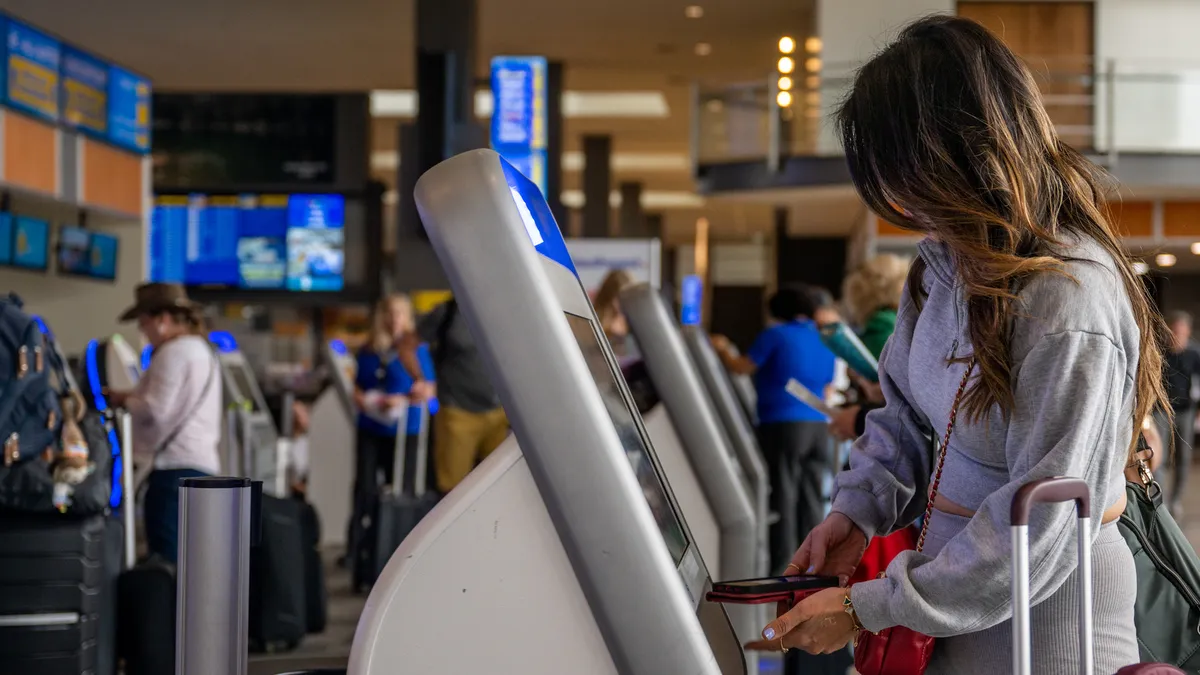Dive Brief:
- The Department of Transportation will review the privacy practices of the 10 largest airlines in the United States, Transportation Secretary Pete Buttigieg announced last week. Those airlines include Allegiant, Alaska, American, Delta, Frontier, Hawaiian, JetBlue, Southwest, Spirit and United.
- The review will look at how airlines collect, handle, maintain and use customers’ personal data, and whether airlines are sharing data with third parties.
- “Airline passengers should have confidence that their personal information is not being shared improperly with third parties or mishandled by employees,” Buttigieg said in a prepared statement.
Dive Insight:
Companies often collect personal information for better personalization and customer experience, but it can violate customers’ privacy and trust if data is misused or unknowingly shared with third parties.
Airlines, in particular, collect a slew of personal data during bookings, from birth dates to cell phone numbers, raising the stakes for data privacy.
The DOT’s review “emphasizes the importance of consent, not only in the airline industry, but across all sectors,” David McInerney, commercial manager at Cassie, told CX Dive in an email. “It reflects a growing recognition that consumers deserve transparency and choice in how their personal information is managed.”
Airline consumers are unaware how their data is being used, making this review all the more necessary, said Democrat Sen. Ron Wyden of Oregon, whose office is assisting the DOT’s review.
“Because consumers will often never know that their personal data was misused or sold to shady data brokers, effective privacy regulation cannot depend on consumer complaints to identify corporate abuses,” Wyden said in a prepared statement.
The DOT is requesting airlines’ customer data policies and procedures, complaints of data privacy violations and privacy training guidance.
Across the nation, consumers increasingly want more privacy and data protections, according to Enza Iannopollo, principal analyst at Forrester. In part, that’s because more regulations increase customer awareness.
“When there is regulation in place, that drives education for consumers,” Iannopollo said.
Companies that fail to protect customers’ data and that fail to address growing privacy concerns will see consumer behavior change.
“Underestimating the impact that privacy has on consumer behavior and consumers' willingness to engage with the company is really, really short sighted,” Iannopollo said. “No matter the industry, data privacy has become a very important building block of trustworthy relationships with companies.”













